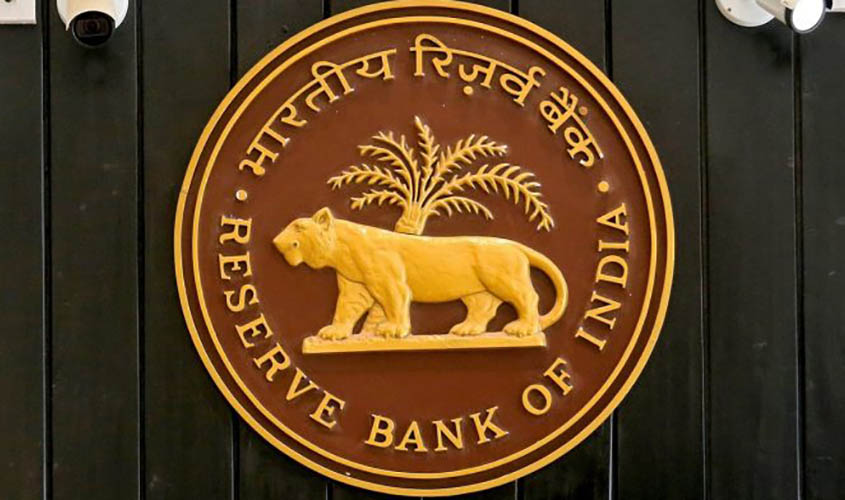For RBI to regulate the UCBs, it needs more teeth and manpower.
In the last few days, one has seen several heart-wrenching videos of PMC Bank depositors seeking Prime Minister Narendra Modi’s intervention to recover their deposits—for some their life savings—raising several questions—first and foremost about the health of the Indian banking system. Secondly, the role of the RBI and whether the regulator should have more power to regulate Urban Cooperative Banks (UCBs). Thirdly, about the ugly nexus of politicians that have turned UCBs into vehicles of patronage and power centres and big money. Fourthly, about the way forward for stranded depositors bearing the brunt of the scam. Lastly, about whether UCBs should be done away with since they have deviated from the core objective of access to credit for small farmers.
RBI Governor Shaktikanta Das is on record as saying Indians banks are sound with no reason to worry. But consider this, in the last one year alone, there has been a case of gross violation of lending practices and clear quid pro quo in India’s largest private bank—ICICI Bank, questionable corporate governance standards at Axis bank, a scam involving evergreening of loans without adequate collateral in PNB Bank (Nirav Modi), and allegations of dubious practices in Yes Bank. Add to this the NPA mess where statistics seem to suggest that for some loans given to SMEs, recognition of bad loans is being delayed, ensuring books look better than what they are.
UCBs are regulated under a practice of “dual regulation” in which state governments (through Registrar of Cooperative Societies) are an equal stakeholder along with the RBI. While RBI regulates banking functions, it can’t sack the CEO or chairman of a troubled UCB. But for RBI to regulate the UCBs—1,551 of them—it needs more teeth and manpower. It cannot continue with its approach of tick box style of inspection. After all, PMC Bank had a capital adequacy ratio of 12% and NPA rate of just 4%— parameters which are considered healthy. Despite a core banking solution, the massive network of fictitious companies and loans to HDIL without adequate collateral escaped the regulator’s scrutiny for several years. For the health of the remaining 1,550 UCBs, laws need to be amended and RBI should have more powers, and yes, more accountability.
It may be sheer coincidence that PMC bank is based out of Mumbai, but Maharashtra has set a template of the co-operative-led political economy on which rests immense power. Since the 1950-60s, co-operative czars perfected the model of wielding political power through farm co-operatives and district co-operative banks, with NCP supremo Sharad Pawar being its biggest face. Control of the co-operative framework meant consolidation of political, economic and social power and directors and chairpersons of co-operatives became contestants in elections, indicating a clear conflict of interest. Research shows 56% of co-operatives had chairmen who had contested/won elections between 1993 and 2005. Sadly, ordinary members of co-operatives tend to be poor to middle-income farmers, for whom the cooperative movement was originally envisaged.
Justice delayed is justice denied. As many
The biggest lesson, in my opinion, for India is a reality check on the need for UCBs hijacked by politicians at the cost of both the small farmers and small depositors and the exchequer. It’s time to start the transition from UCBs to small banks solely under RBI domain under stricter laws. Some smaller UCBs may be merged even as parallel efforts have to be made to deepen access to credit for small farmers. Let’s not forget, besides PMC, in the past two years, five other UCBs in Maharashtra have been placed under restrictions by RBI due to financial irregularities—Kapol Co-operative Bank, City Co-operative Bank, Karad Janata Sahakari Bank, Shivam Sahakari Bank, and Youth Development Co-operative Bank. UCB is a ticking time bomb and India needs to address the crisis.
Nobody should have to make a video of wailing in front of the PM’s picture for their life savings.
Gaurie Dwivedi is a senior journalist covering economy, policy and politics.

